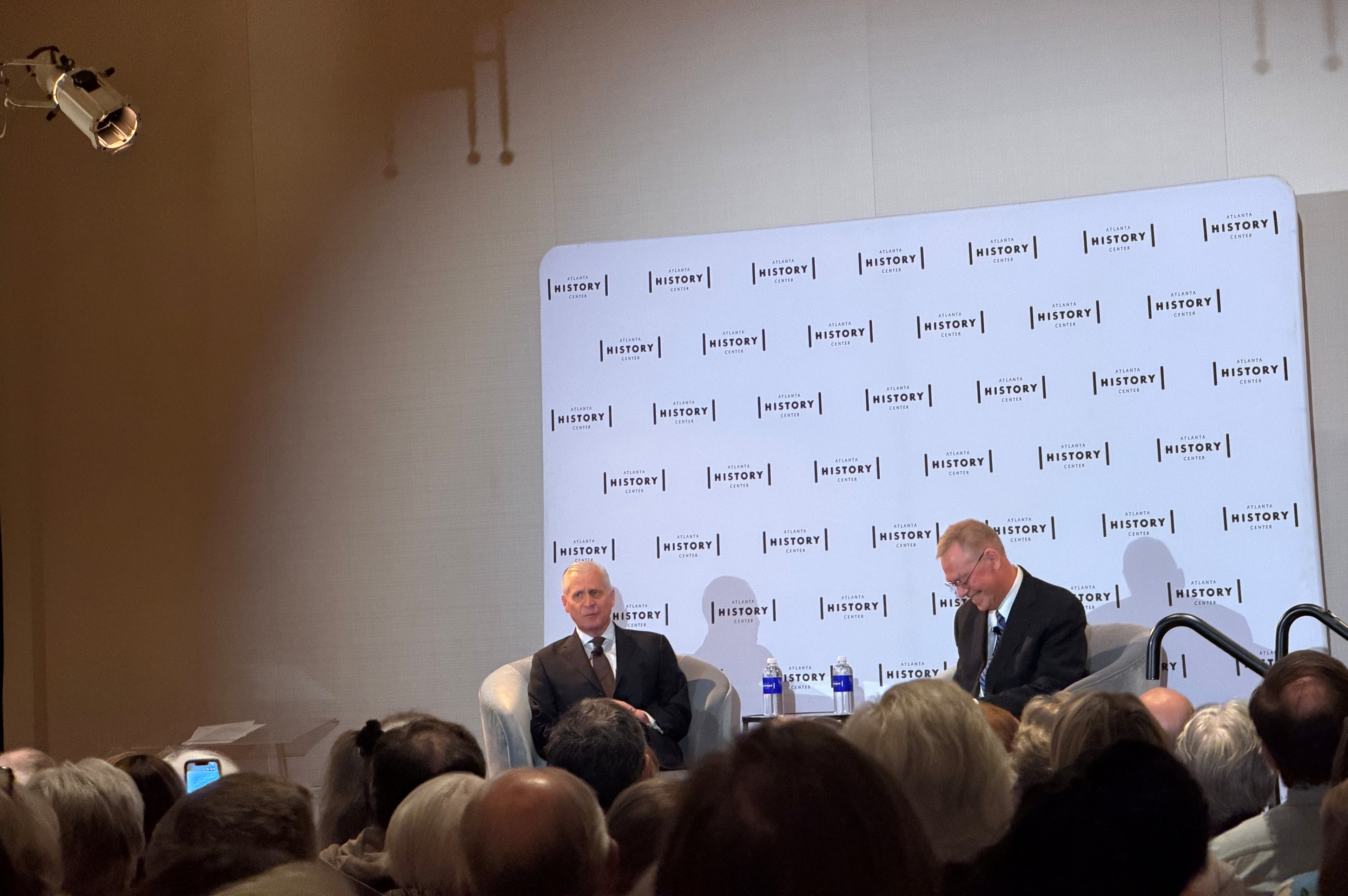Opinion: The metamorphosis of Georgia’s RICO law

Over the past few years in Georgia, the prosecutors’ crime du jour has become the RICO statue — the Racketeer Influenced and Corrupt Organizations Act.
RICO allows the state to charge and convict people under novel theories for acts that may not fit into the standard definition of a crime. These cases often spark debate over whether the activity was in fact a crime, or simply amoral.
Congress passed federal RICO in 1970 and Georgia followed suit by passing its own RICO statute in 1980. The impetus of the RICO legislation was to tackle organized crime. Prior to RICO, the problem prosecutors faced in fighting organized crime was that those in command of the organization could shield themselves from liability — since they never did the “dirty” work.

Although RICO was created in response to organized crime, the Georgia RICO statute is far more expansive. This means that prosecutors can bring RICO charges against any corrupt “criminal enterprise.” Historically, this definition of enterprise included organized crime or street gangs. However, “enterprise” has now been stretched to incorporate businesses, schoolteachers, churches, political protesters or even a sole proprietorship. In fact, the definition of enterprise goes even further to ensnare groups of people who have never met one another but can be charged as if they had committed the crime together.
The state, in its discretion, can group almost any collection of people into a criminal enterprise. People need not have ever met or even have known of one another’s existence. In fact, a person’s completely legal and mundane actions can form the basis for a RICO charge (as long as another member commits two or more “predicate” crimes). In other words, a person does not need to have done anything wrong or illegal to be part of RICO conspiracy. All that is necessary is that their actions furthered the same overarching goal as those who actually committed the crime.
Trying to determine what kind of conduct constitutes the crime of RICO seems to only be limited by the state’s theater of mind. Some crimes need no explanation, e.g., murder, rape, theft. RICO on the other hand is far less intuitive. RICO requires the commission of two “predicate crimes” in some organized way (aka the “pattern”) for a “common” purpose.
If that wasn’t convoluted enough, the Georgia RICO Act is referenced across 12 separate criminal code sections and contains lengthy definitions for many of its terms — what does “means” mean? While RICO has been on the books for decades, the state’s love affair with the statute is a relatively recent phenomenon.
Not only does RICO not have any clearly defined legal guardrails, it actually allows the state to admit what would be deemed “irrelevant” evidence in most criminal cases. These issues make RICO ripe for creative and novel interpretation. Historically, vagueness in the statute benefits an accused; however, with RICO, the state uses the vagueness as a sword to charge people because RICO “doesn’t say we can’t do it.”
The legislators who drafted RICO intended for it to apply only “to … activity motivated by … pecuniary gain or economic or physical threat or injury.” However, the state routinely argues that this language does not limit its discretion. They boldly argue the only limit of who can be ensnared in RICO’s clutches is based on the state’s discretion. The state claims the line is fluid; much like pornography, where they “will know it when they see it.”
Until we get a high court ruling about RICO’s reach, there is nothing stopping eager prosecutors from charging as they, and only they, see fit.
Until we have clarity about who can get swept into RICO, heed your mother’s advice -- “be careful who your friends [and associates] are.”
Manubir “Manny” Arora, of the Atlanta based Arora Law firm, most recently acted as co-counsel for defendant Kenneth Chesebro in the Fulton County elections RICO case. He has been involved in many other RICO cases in Georgia through the years. Jennifer Hyman and Robert Wilson also contributed to this piece.


